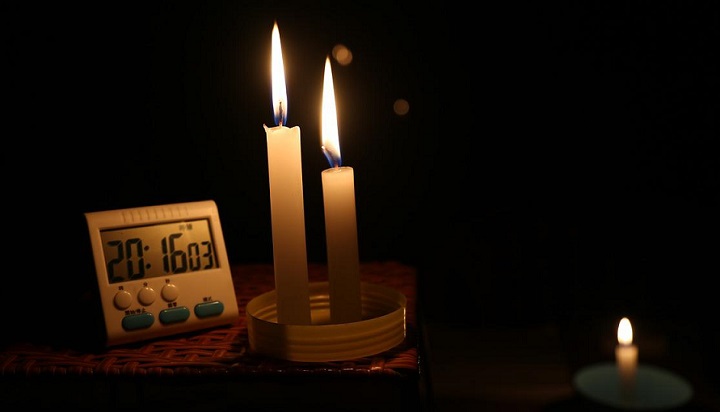A report by the University of Johannesburg has highlighted the impact of rolling blackouts on certain communities, saying Black working-class South Africans are bearing the burden of the country’s electricity crisis.
The report reveals how unpredictable power cuts predominantly affect residents of townships. On Monday, Eskom announced Stage 4 rolling blackouts due to further loss in generation capacity.
Impact of blackouts on businesses in Mpumalanga:
Director of the UJ’s Centre for Sociological Research and Practice Doctor Trevor Ngwane says, “No one was paying attention to how the electricity crisis is being experienced by people in the Black townships, in the villages and shacks. We found that Black working-class people suffer the most and bear the brunt of the crisis in SA. They suffer more power failures and have less equal access to equal treatment.”
Doctor Trevor Ngwane shares more on SAfm morning current affairs:
Fuel theft
On Monday, Eskom CEO Andre de Ruyter said the theft of fuel at Kriel Power Station in Mpumalanga is disrupting their operations.
Following media reports that a sophisticated crime syndicate is reportedly working with corrupt Eskom officials and are siphoning off fuel worth millions of rands at Kriel Power Station.
The syndicate has reportedly been exploiting a design flaw at the station that has to do with a weigh bridge. As fuel prices soar, cross-border fuel smuggling is increasingly attractive. Eskom confirmed that rolling blackouts will continue this week.
De Ruyter has asked the public to use electricity sparingly as they’re battling to keep the lights on.
“Kriel Power Station, which was featured in the new this morning, you may have seen a report from News 24 about a significant diesel theft syndicate that has been disrupted today. A diesel fuel oil and that plant currently has two units completely out and causing us loses of 300 megawatts. So that’s another 900 megawatts on capacity that we do not have available.”


